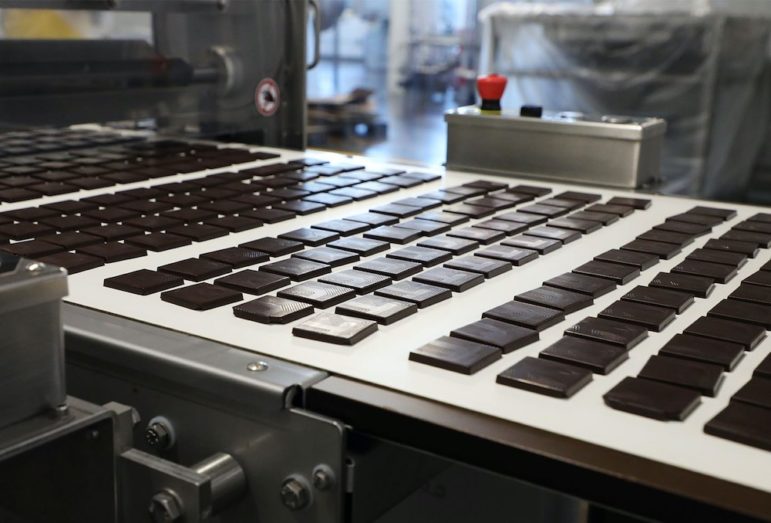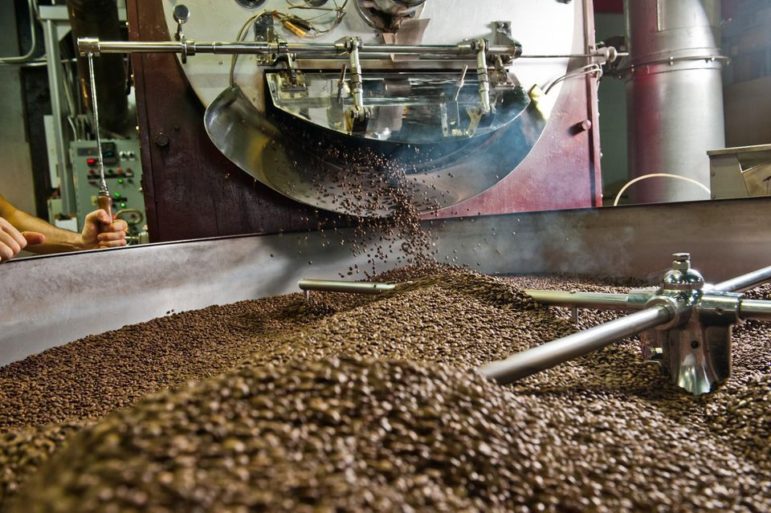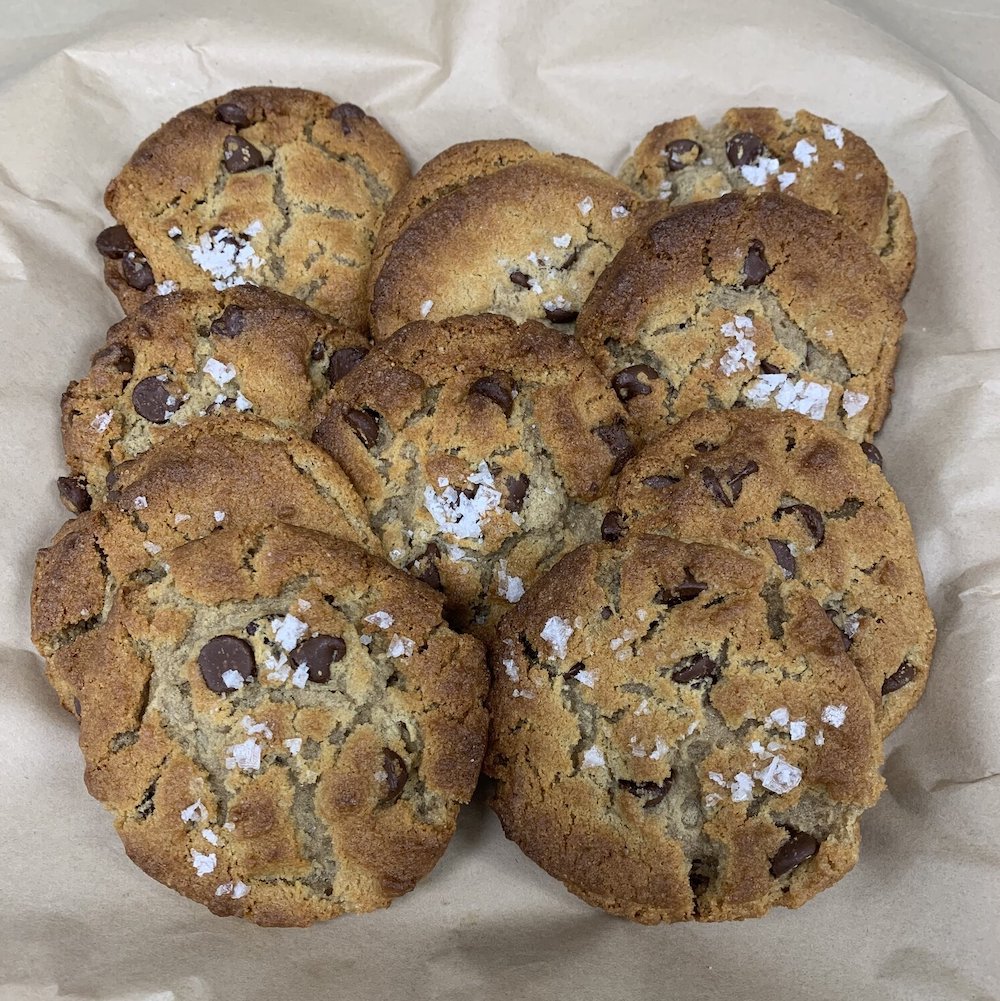Exercise equipment, sweets, gourmet foods — these are among the splurge items for Bay Area residents seeking relief from dreary isolation as the COVID-19 pandemic nears its fourth month.
Splurging on items we covet can bring happiness and even something like a sense of normalcy, business owners say.
Sweet tooth
“In good times people celebrate with chocolate, in bad times people compensate with chocolate,” said Robert Kopf, national sales director at TCHO Chocolate in Berkeley.
While consumer spending is down over all, an informal survey of small business owners and managers shows a spike in spending on comfort foods, as well as on items that help people adapt to changed circumstances.

Kopf, for one, said the company’s online sales are up 200 percent to 300 percent, year over year.
“It was totally organic and to be honest we were surprised by how quickly it happened,” Kopf said, noting that chocolate is a binge-worthy luxury that historically has been recession resistant. “Before we had a chance to think what we should do [about COVID-19] we had a surge.”
Although personal circumstances vary, the pandemic has brought a general change in how discretionary money is spent, especially since people aren’t spending at restaurants, said Stephanie Tully, an assistant professor of marketing at Stanford.
“People are buying more specialty chocolates and even specialty foods — those types of higher-end products that you wouldn’t normally spend on,” Tully said. “When people feel deprived, they seek out things that are scarce. People are searching for things that are unique right now.”
Hot off the online rack
Eric Quick, the CEO of The Town Kitchen Provisions in Oakland, says baked goods have been a hot item in the business’ online store.
“Gluten Free Chocolate Chip Cookies that we make and Firebrand Bakery’s banana bread — these items make it into a large percent of the grocery carts,” Quick said.
A large part of Town Kitchen’s pre-pandemic sales were business to business, catering food to tech companies, but things changed quickly in March.
“We went from our best month ever to zero revenue,” Quick said.
But, true to his name, Quick rapidly pivoted the business from catering to a direct-to-home grocery delivery company. Word spread among tech employees who previously enjoyed in-office catered food, allowing the company not only to survive, but thrive during the coronavirus pandemic.
Coffee anyone?
Coffee beans have also seen a big jump in home sales.
“When you are at home and the world isn’t right, there are some things that bring you comfort,” said Luigi Di Ruocco, vice president and co-owner at Mr. Espresso.
The Oakland-based coffee company is a specialty roaster that typically focuses on wholesale. Historically, more than 90 percent of Mr. Espresso’s business has come from sales to hotels, restaurants, coffee shops and other hospitality industry venues. As a result of COVID-19, many of these vendors have shut down or cut back dramatically, resulting in an 80 percent decline in coffee sales.

However, direct-to-consumer sales, though smaller in quantity, have seen a spike.
“Our online sales have gone up in a significant way, at least three to four times more than typical,” Ruocco said.
While home sales are not making up for the loss of wholesale business, they have provided a steady new stream of income during a time when most people are home.
Splurging isn’t limited to food items. Stanford’s Tully notes that as our lifestyle changes, people are spending more in making their homes comfortable.
And they’re looking for recreation equipment. With gyms closed, barbells and other home fitness equipment have flown off the shelves.
Rolling along
Bike sales have also surged since the shelter-in-place order, producing long lines and sometimes empty bike stores.
Jeff Selzer, general manager of Palo Alto Bicycles, said normally there are about 200 bikes on the shop floor. Currently, there are about 40.

“The month of May was the largest we have ever had,” he said. “We have never seen that much growth in the history of the store.”
Palo Alto Bicycles is celebrating 90 years in business this year, and Selzer recalled one other period of extreme growth — during the oil embargo of the 1970s.
“OPEC shut down production, and gas stations had long lines or were closed because they didn’t have gas,” he said. “During that time people looked to bikes to commute.”
But, Seltzer added, even that surge pales beside the huge sales increase his business is experiencing under COVID-19.
